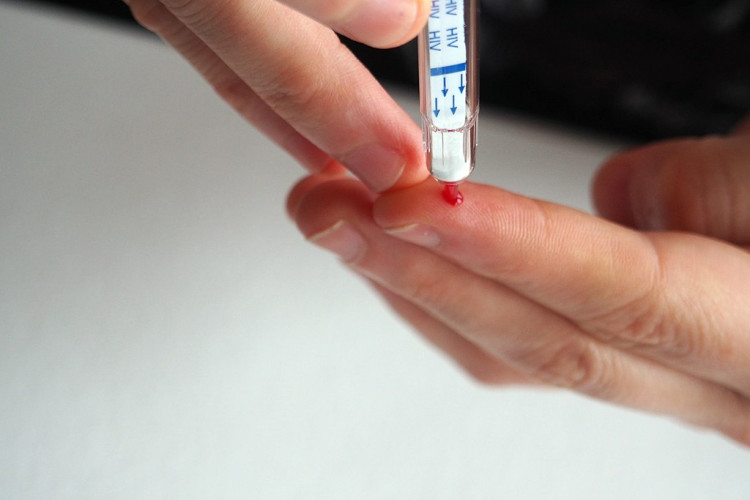Doctors previously claimed an HIV-positive British man might be the second person treated of the virus. The man, whose identity remained anonymous, reportedly tested negative for HIV for about three years after receiving a bone marrow transplant from a donor with a genetic mutation that provides resistance to HIV. Dubbed as the "London patient", the man stopped taking antiretroviral drugs 18 months ago.
According to Ravindra Gupta, the doctor who co-lead the man's treatment team, the London patient seemed to be "functionally cured" and is in remission. However, he warned that it's too early to officially declare he was cured of the virus. While AIDS experts said the case is proof that researchers could end the spread of the virus someday, it doesn't mean the cure has already been found.
Meanwhile, the first man reportedly treated of HIV named Timothy Brown - dubbed as the "Berlin patient" - becomes cleared of the virus after receiving a similar procedure back in 2007. He reportedly continues to live HIV-free in the United States until today.
The London patient was diagnosed with Hodgkin's Lymphoma - a rare blood cancer - and he received a bone marrow transplant in 2016. His donor reportedly had a genetic mutation known as the CCR5 delta 2, which is said to be HIV-resistant. He suffered from post-procedure complications as the immune cells of the donor attacked his own. Reportedly, Brown also experienced the same side effects, so doctors are still trying to identify the exact cause of the disease's elimination.
In a report from Reuters, experts noted it might not be possible to widely adopt the said procedure as it is very uncommon, complex, and expensive. In addition, it's difficult to find donors who have HIV-resistant genetic mutation. A bone marrow transplant is an unrealistic treatment option in the future as well, as transplants are risky with harsh side effects that can last for years.
But, a potential solution to recreate the rare genetic mutation is by using the new gene-editing tools, such as the CRISPR/Cas9. Researchers successfully used the tool to confer HIV resistance in mice and controversial Chinese scientist He Jiankui sparked controversy just last year after using CRISPR on human embryos. He claimed that twin girls were born and they were HIV-resistant despite having an HIV-positive father.
Meanwhile, advancements in antiretroviral drugs greatly increased the life expectancy of those diagnosed with HIV over the past years. About 37 million around the world were currently infected with the virus, while over 35 million reportedly died from AIDS or related illnesses.






